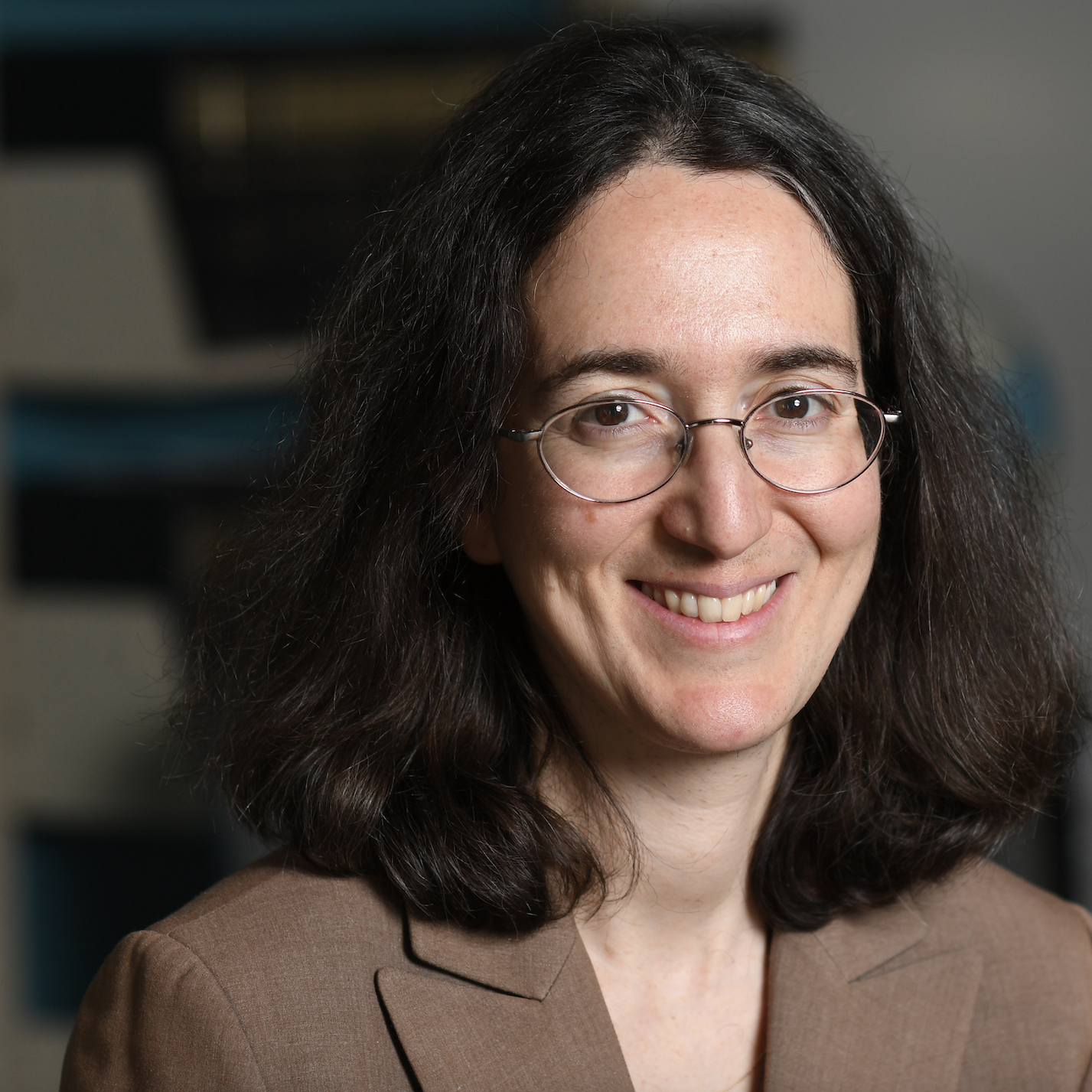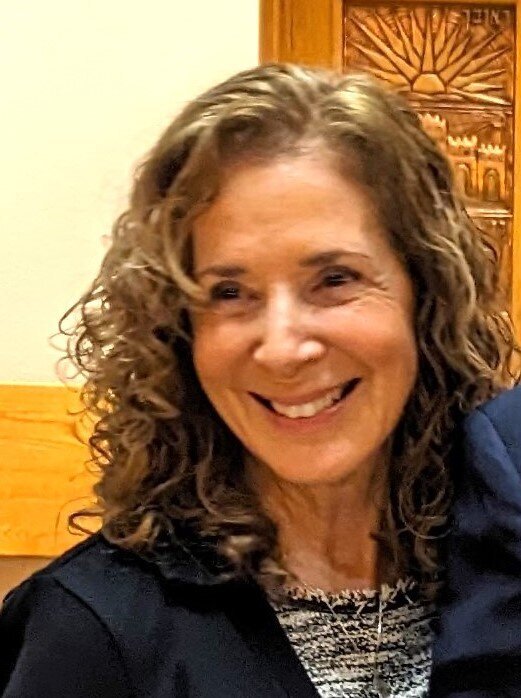Artificial turf poses a number of health and environmental concerns, including chemicals in artificial turf materials, plastic pollution in the environment, habitat loss, and excess heat. Recent research has shed additional light on the loss of plastic fragments and particles into the environment, health and environmental threats associated with chemicals in waste tire materials, and the presence of PFAS in artificial turf. This webinar will explore the contribution of artificial turf to global plastic pollution, other health and environmental impacts of artificial turf, and implications for communities.
In this webinar, Dr. William de Haan discussed a 2023 study that measured the presence of artificial turf fibers in surface waters. The study measured up to 20,000 artificial turf fibers per day in river water, and more than 200,000 fibers per day in sea surface waters near the shore.
Susan Chapnick discussed the environmental impacts of artificial turf and explore how individual communities are working to address these threats and to monitor and protect wetlands and water resources. She will briefly discuss the significance of EPA’s recent publication of acute freshwater aquatic life screening values for 6PPD and 6PPD-quinone, a concern when waste tires are used as infill in artificial turf.
Dr. Rachel Massey briefly summarized human health concerns and explained efforts to test artificial turf for the presence of per- and polyfluoroalkyl substances (PFAS), one category of chemicals of concern found in artificial turf.
Featured Speakers

Rachel Massey, ScD is Senior Science and Policy Advisor at Collaborative for Health and Environment and Senior Research Associate at the Lowell Center for Sustainable Production at the University of Massachusetts Lowell. She works at the intersection of public interest science and policy making in state, national and international arenas. Before joining CHE, she served as Senior Associate Director at the Toxics Use Reduction Institute at the University of Massachusetts Lowell, where her projects included state, federal and international chemicals policy initiatives, analyzing toxics use reduction opportunities for businesses and communities, and working in partnership with small businesses and grassroots organizations addressing toxics at the community level. She has authored numerous reports and articles on chemicals policy and safer alternatives, including reports for European government agencies and the United Nations on chemicals and development, chemicals in consumer products, and other topics.

Susan Chapnick, MS is President and Principal Scientist of New Environmental Horizons, Inc., an environmental chemistry consulting firm specializing in the planning and evaluation of environmental data to support assessment and cleanups of hazardous waste sites and oil spills. Ms. Chapnick applies science-based policy in her role on an advisory committee for the Massachusetts Department of Environmental Protection and on the Conservation Commission for the Town of Arlington, MA. She taught a workshop entitled “Considerations in Permitting Artificial Turf Fields” at the 2024 annual conference for the Massachusetts Association of Conservation Commissioners and was an expert-panelist in 2023 at a her town’s Artificial Turf Forum, representing the adverse environmental and climate change resilience impacts of artificial turf fields. Ms. Chapnick holds a Master of Science degree in Marine Science from the University of South Carolina and a Bachelor’s degree in Biology from Barnard College, Columbia University, New York.

William P. de Haan, Ph.D., holds a degree in Environmental Science with a specialization in Oceanography and Marine Management. He earned his Ph.D. from the Marine Sciences program at the University of Barcelona in 2024. His research centers on plastic pollution in marine environments, with a particular emphasis on the quantification, distribution, and characterization of floating microplastics in the Mediterranean Sea. Dr. de Haan has developed innovative methods for extensive microplastic characterization. He has collaborated on numerous national and international research projects across Europe and the USA.
 This webinar was hosted by the CHE-Alaska Partnership, which is coordinated by Alaska Community Action on Toxics (ACAT). Driven by a core belief in environmental justice, ACAT empowers communities to eliminate exposure to toxics through collaborative research, shared science, education, organizing, and advocacy.
This webinar was hosted by the CHE-Alaska Partnership, which is coordinated by Alaska Community Action on Toxics (ACAT). Driven by a core belief in environmental justice, ACAT empowers communities to eliminate exposure to toxics through collaborative research, shared science, education, organizing, and advocacy.
